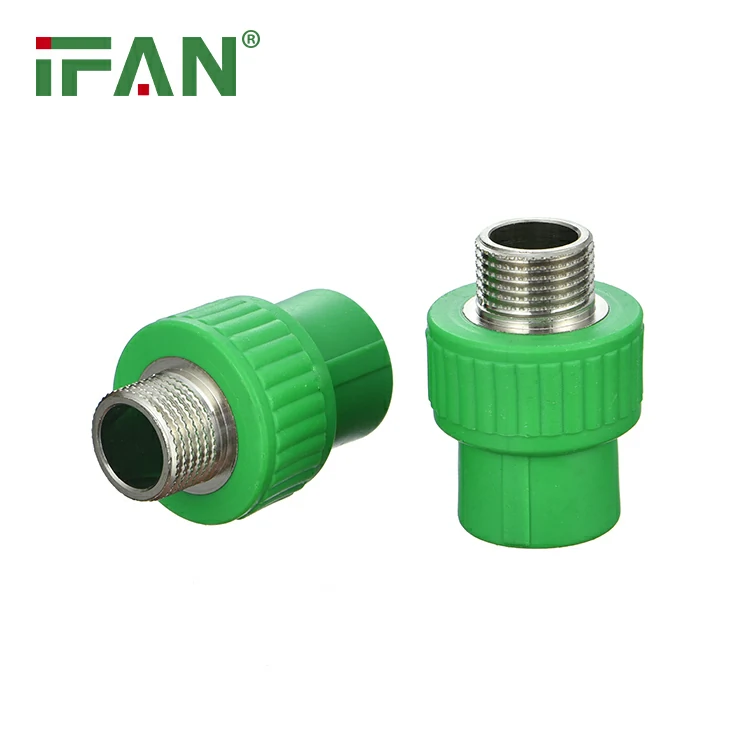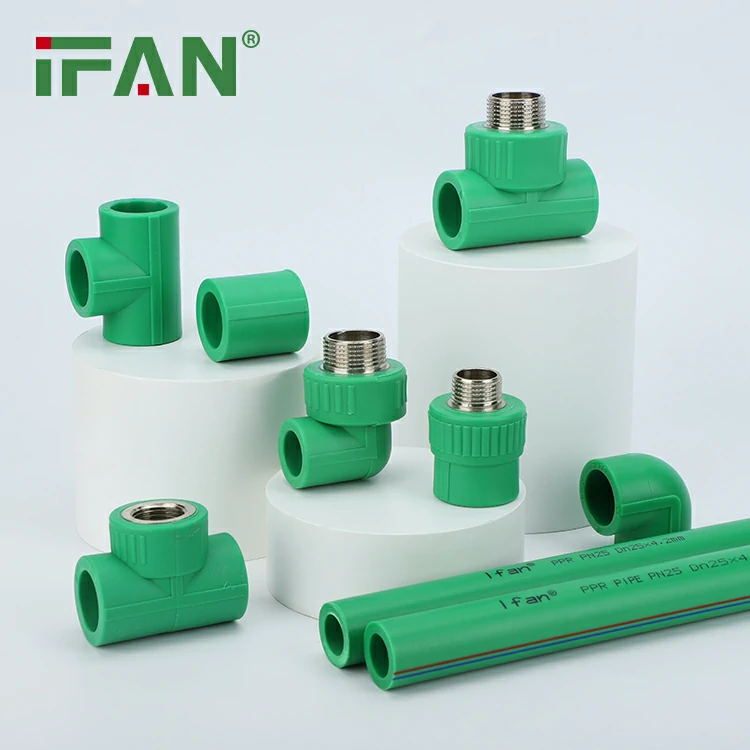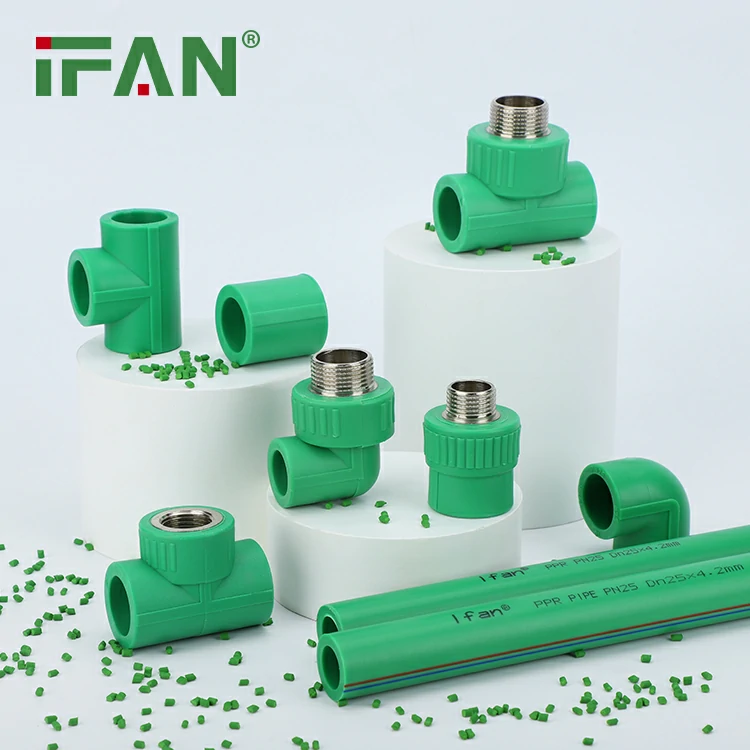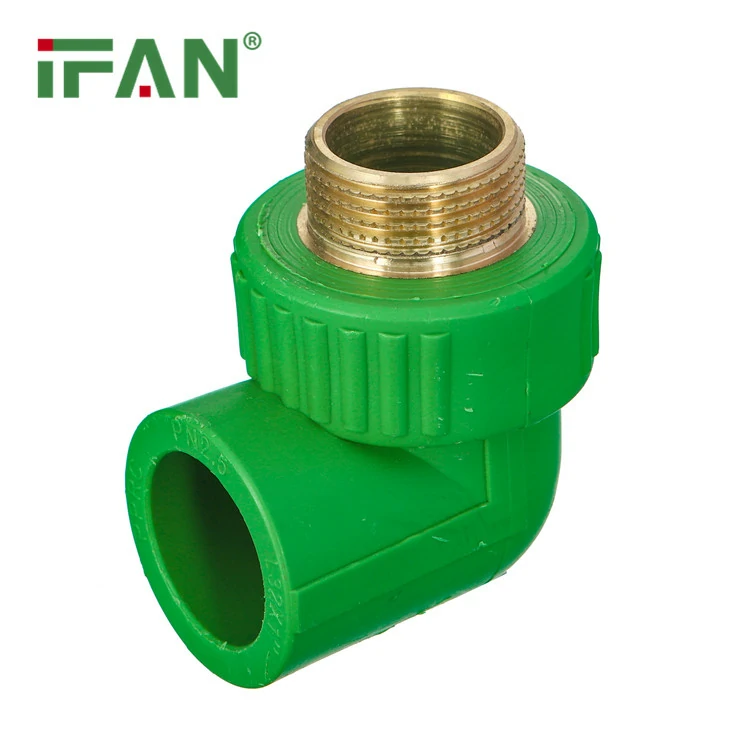What are the Main Uses of PPR Pipe: A Comprehensive Overview
PPR (Polypropylene Random) pipes are widely used in various applications due to their excellent properties and versatility. Let’s explore the main uses of PPR pipes and their advantages in different sectors.
Residential Plumbing
PPR pipes are extensively used in residential plumbing systems. They are suitable for both cold and hot water distribution, making them ideal for supplying water to faucets, showers, toilets, and other fixtures in homes. PPR pipes offer high-pressure resistance, ensuring efficient water flow throughout the house. Their smooth inner surface prevents scaling and corrosion, promoting clean and safe water supply to residents.
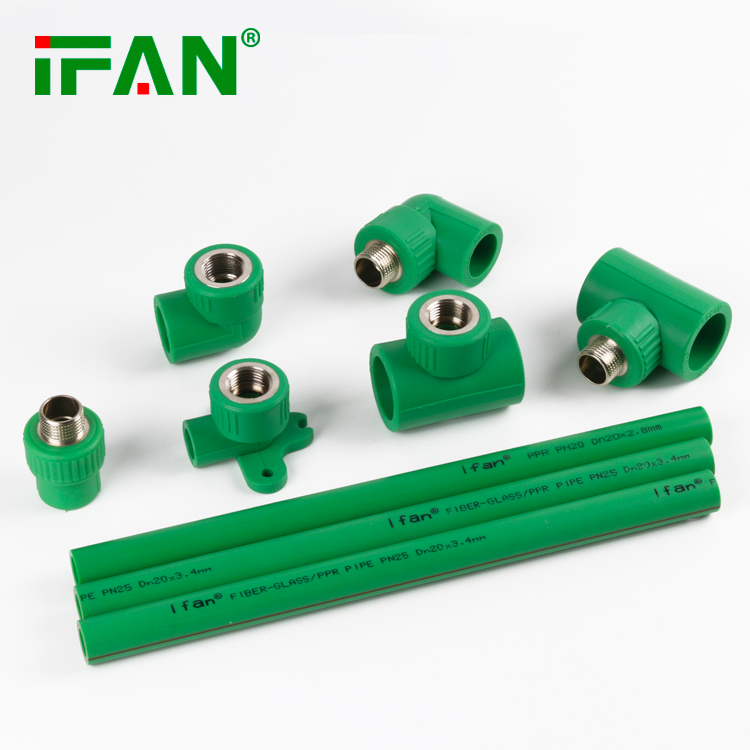
Commercial and Industrial Plumbing
PPR pipes find extensive use in commercial and industrial plumbing applications. They are employed in hotels, hospitals, office buildings, factories, and other establishments. PPR pipes can handle high-pressure water supply, making them suitable for industrial processes that require robust plumbing systems. They are also resistant to chemicals commonly found in commercial and industrial environments, ensuring the durability and longevity of the plumbing infrastructure.
Heating Systems
PPR pipes are commonly used in heating systems, including underfloor heating and radiator networks. They have excellent thermal insulation properties, minimizing heat loss and ensuring efficient heat distribution. PPR pipes can withstand high temperatures, making them reliable and safe for heating applications. Their resistance to corrosion and scaling further enhances the performance and longevity of heating systems.
Air Conditioning Systems
PPR pipes are suitable for air conditioning systems, both for residential and commercial purposes. They are used to transport chilled water or refrigerants to cool the indoor environment. PPR pipes are highly resistant to temperature variations, ensuring the integrity of the cooling system. Their smooth inner surface minimizes friction loss, enhancing the energy efficiency of air conditioning systems.
Agricultural Irrigation
PPR pipes are widely employed in agricultural irrigation systems. They provide efficient water distribution to farms, ensuring proper hydration of crops. PPR pipes are resistant to UV radiation, making them suitable for outdoor installations. Their lightweight nature and ease of installation make them a preferred choice in agricultural settings, where the installation process needs to be efficient and cost-effective.
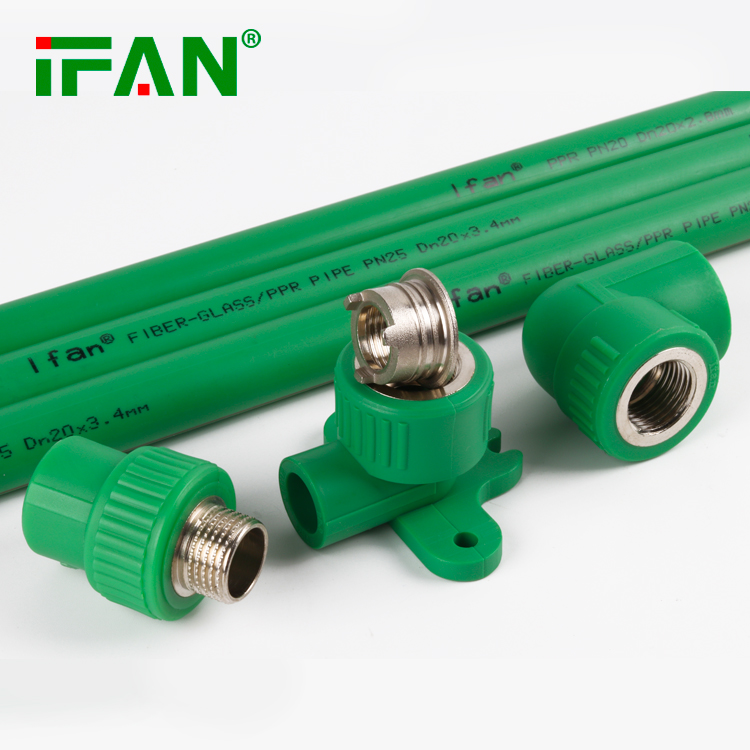
Advantages of PPR Pipes
- Durability: PPR pipes are highly durable and have a long service life. They are resistant to corrosion, scaling, and chemical reactions, ensuring the longevity of the plumbing system.
- Leak-Proof Joints: PPR pipes offer leak-proof joints when connected using PPR pipe fittings. This ensures efficient water distribution without any wastage or damage to the surrounding infrastructure.
- Low Thermal Conductivity: PPR pipes have low thermal conductivity, minimizing heat loss in heating systems and enhancing the energy efficiency of the overall setup.
- Chemical Resistance: PPR pipes are resistant to chemicals, making them suitable for various applications, including those involving aggressive or corrosive substances.
- Easy Installation: PPR pipes are lightweight and easy to install, reducing installation time and labor costs. They can be connected using heat fusion or mechanical joints, providing flexibility during installation.
- Hygienic and Safe: PPR pipes are non-toxic and do not release harmful substances into the water supply. They are also resistant to bacterial growth, ensuring clean and safe water for consumption.
In summary, PPR pipes are widely used in residential, commercial, and industrial plumbing systems, as well as in heating, air conditioning, and agricultural irrigation applications. Their durability, leak-proof joints, low thermal conductivity, chemical resistance, ease of installation, and hygienic properties make them a preferred choice for a wide range of plumbing needs.

